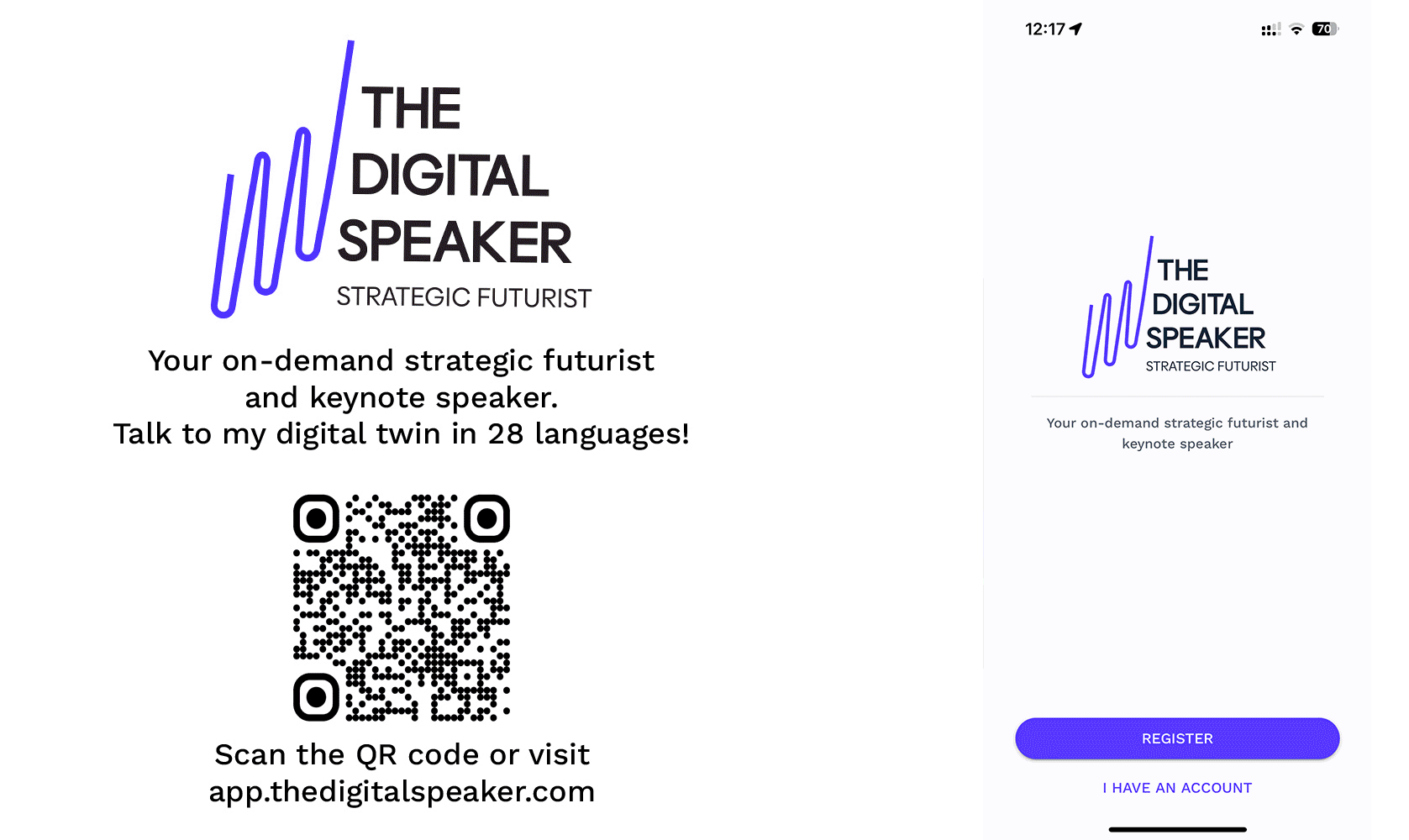When AI Diplomacy Meets Realpolitik: US-China Talks on AI Risks

Can two superpowers truly collaborate on AI safety, or are we witnessing a high-stakes game of digital brinkmanship?
In Geneva, the U.S. and China engaged in unprecedented high-level talks to address AI risks, emphasising the need to prevent AI technologies from becoming existential threats. The Biden administration insisted that its policies, particularly on the deployment of AI in nuclear weapons, are non-negotiable. These discussions highlight the critical importance of cross-border policy and regulation for AI, underscoring that AI knows no borders and its impacts are global.
The Biden administration, represented by senior officials from the White House, State Department, and National Security Council, reiterated that U.S. technology protection policies are not up for negotiation. The talks aimed to establish mutual understanding and safety standards rather than technical collaboration. With both nations acknowledging AI's potential for economic growth and military advantage, the focus remained on mitigating risks associated with AI's rapid integration into various sectors, including civilian, military, and national security.
The dialogue underscored the necessity of a global approach to AI governance. AI's borderless nature requires comprehensive frameworks that transcend national interests, incorporating diverse perspectives from around the world. It is essential to align AI with human values and ensure a thriving digital future. The U.S. and China, as the world’s leading economic, military, and technological powers, have a unique responsibility to lead this effort. Their ability to find common ground on AI safety could set a precedent for other nations to follow, fostering global cooperation.
Despite the competitive backdrop, both nations recognise the risks of AI misuse, particularly in disinformation campaigns and automated warfare. The talks aimed to explore whether some rules could be universally embraced, enhancing global safety. The importance of maintaining human control over AI, especially in critical decisions like nuclear weapon deployment, was a key discussion point. Ensuring strict human oversight in military AI applications is seen as a minimum standard for international agreement.
While the talks did not seek immediate concrete outcomes, they represent a significant step toward opening lines of communication between the two superpowers. This dialogue is crucial for preventing misunderstandings and unintentional escalations in the AI arms race. The broader goal is to develop AI policies that are safe, secure, and aligned with global human values, recognising that the implications of AI extend beyond national borders.
By engaging in these discussions, the U.S. and China are setting the stage for a more inclusive and comprehensive approach to AI regulation. This approach must consider perspectives from all regions, not just the West or the East, to truly align AI with global human values and ensure a secure and prosperous digital future for all.
Read the full article on Reuters.
----
💡 If you enjoyed this content, be sure to download my new app for a unique experience beyond your traditional newsletter.
This is one of many short posts I share daily on my app, and you can have real-time insights, recommendations and conversations with my digital twin via text, audio or video in 28 languages! Go to my PWA at app.thedigitalspeaker.com and sign up to take our connection to the next level! 🚀

If you are interested in hiring me as your futurist and innovation speaker, feel free to complete the below form.
Thanks for your inquiry
We have sent you a copy of your request and we will be in touch within 24 hours on business days.
If you do not receive an email from us by then, please check your spam mailbox and whitelist email addresses from @thedigitalspeaker.com.
In the meantime, feel free to learn more about The Digital Speaker here.
Or read The Digital Speaker's latest articles here.






